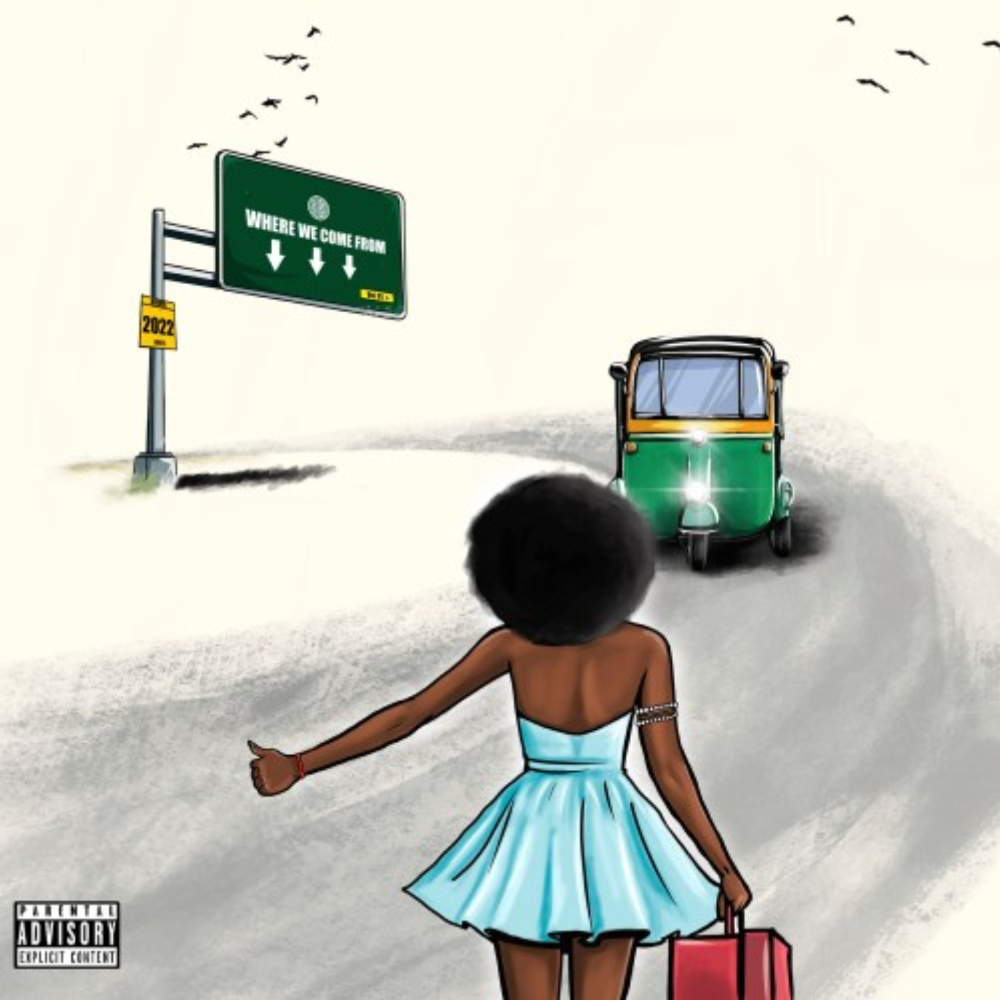
Best New Music: Kizz Daniel’s “Cough (Odo)” Reinforces His Hitmaking Genius
Vado's signature mastery is all over the anticipated "Buga" follow-up

Vado's signature mastery is all over the anticipated "Buga" follow-up
Kizz Daniel’s claim to the Afropop pantheon of greats has been eagerly dissected in recent months. For some, his consistent display of his hit-making prowess elevates him there. Others have faulted his seemingly edgy brand, a construction in need of the neat finishes acclaimed superstars have possessed all through their career. What does the man in the middle think? Well, he’s focused on nothing but hits and more hits. First with the widely accepted song of the year “Buga” and last weekend, just in time for the festive period, another hit-sounding record in the form of “Cough (Odo).”
View this post on Instagram
For a while the musician had employed the promotional tactic of snippets, teasing the record with a dance routine created by Poco Lee. As the days pulled closer, we got to learn the record subtitled “Cough(Odo)” was actually part of a bigger project; from EMPIRE and YBNL. Since entering the African music market in February 2022, the independent company which offers label, publishing and distribution services, have worked alongside some of the biggest names in Afropop. Kizz Daniel’s single is the first one off ‘Where We Come From (Vol. 1),’ a compilation album which was recorded at EMPIRE’s San Francisco headquarters.
In sync with the festival-themed project, Kizz Daniel’s record pulls many signature flourishes. Right from when the beat drops, you know instantly you’re hearing a bop. The Blaise Beatz production contains the shimmering groove he’s become known for, bursting with sunny synths and upbeat percussions. In the sprawling canvas of Kizz Daniel hits, “Pour Me Water” stands as the obvious precursor to “Odo”. But where that record utilises the bright production to counterbalance the theme of heartbreak, the newer record sees Kizz Daniel lean into the colourful possibilities that comes with being in love.
For those in the know, women play a huge role in deciding who gets to blow. From the Motown era till the golden age of nineties R&B, romantic sentiments—often sung by men, directed towards women—formed an important part of popular music. Nigerian pop space isn’t so different, with an affirmative love record (“African Queen”) establishing the standard for the 2000s. Because Kizz Daniel’s artistry is audibly influenced by that period in time, he does reflect its unique brand of effervescent desire.
“Odo” has all the saccharine qualities of a hit record. Kizz Daniel’s vocals is remarkably immersed in his world, promising to love a woman right by engaging with her own desires. In Afropop where accounts of toxicity are sweetly embedded into records, an A-list musician cooing, “I want to carry my love away, to a place she loves,” is definitely going to stand out. Kizz Daniel has more than just an outlier perspective going for him though, he’s a concise songwriter who leaves poignant images in a listener’s mind. Landing softly on a sofa floor was remarkably and humorously discussed, and here it’s “Enter bathroom, fresh up” that’s repeatedly sung in the style of a catchphrase.
On TikTok already, the song has been catching on as people engage its waist-swerving dance move. From kids to mothers and young women, it’s attracting an audience not quite different from that of “Buga”. All of which confirms Kizz Daniel as a genius hitmaker. The year’s still got some laps to run but there’s no reason why “Odo” shouldn’t feature in those famous street raves or club gatherings. No doubt—it’s two hits from two released songs this year for Vado. That’s truly special.

